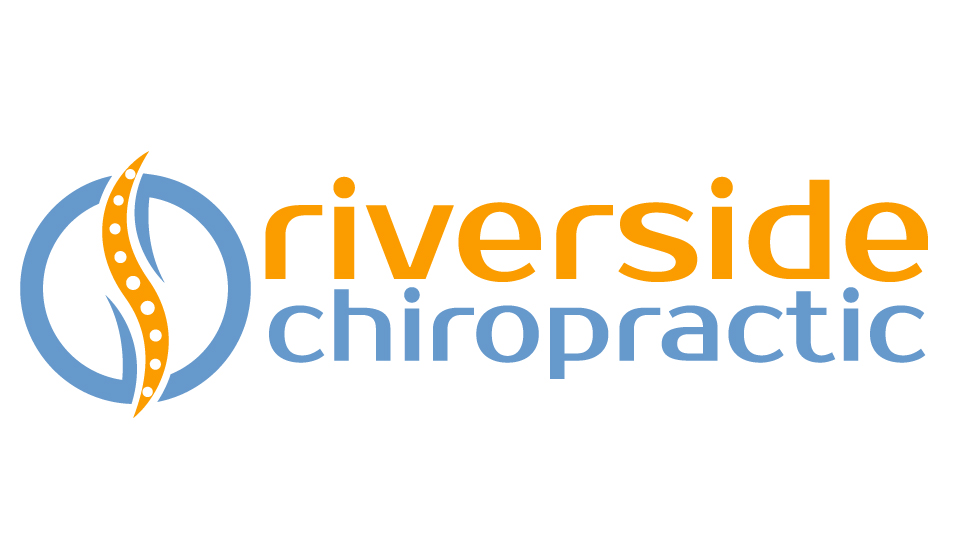Avoiding Back Injury Whilst Training
/Back pain affects 80 percent of the population. 99 percent of cases are non-life threatening, and may be the result of :
- Muscle strain
- Joint strain
- Disc strain
Symptoms can range from a mild ache to severe pain, not only in the back but also radiating down either one or both legs. The good news is there's a lot that can be done to help with the management of symptoms and get you back to a normal, pain free lifestyle.
Here are some tips for avoiding back injury while training:
* A strong core is the key to preventing back injuries. Ensure you engage your core muscles i.e. keep them contracted during cardio and resistance training
* Keep a neutral pelvis and lumbar spine at all times
* If you are suffering back pain, stick to exercises involving little to no low back movement and low impact cardio
* Rowing - Keep back straight, bring shoulder blades in and down with every stroke
* Horizontal/seated leg press - is to be avoided as it does not encourage core stabilizers and can cause disc injury
* Keep arm weights below shoulder level - to avoid neck strain. Also, avoid poking your chin out whilst exerting yourself
Pain is not normal; it indicates that there is a problem, pushing through it may cause extra harm. If you are experiencing pain or discomfort during or after training, come and see one of the chiropractic team at Riverside Chiropractic for a full assessment, x-rays can be taking if required and treatment provided.


